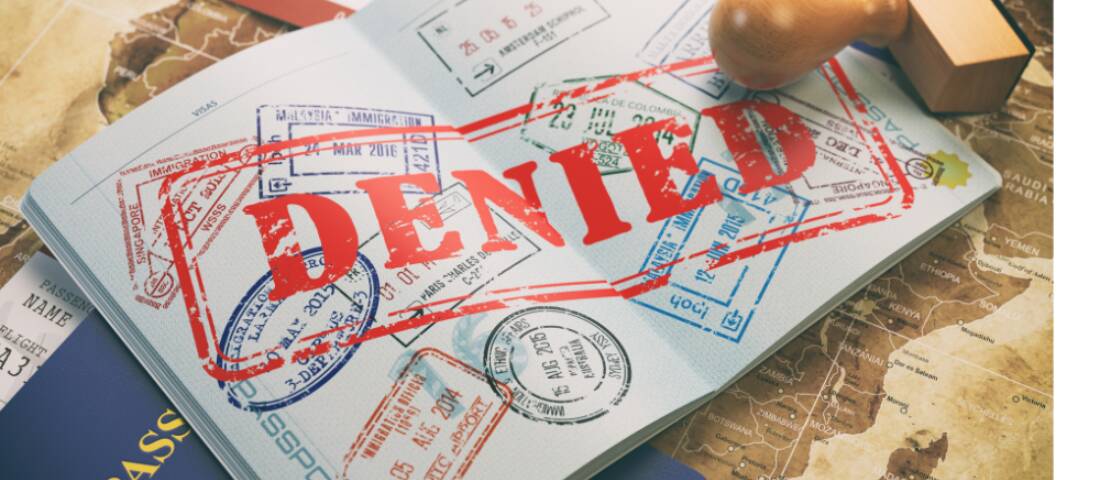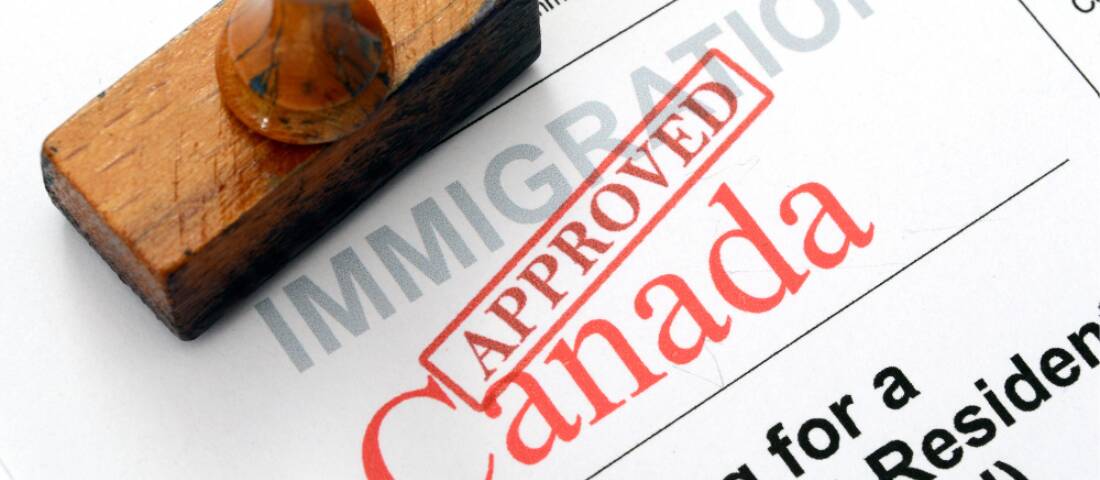Canada's IRCC (Immigration, Refugees and Citizenship Canada) plans to permanently revise medical inadmissibility rules that bar immigrants with certain medical disabilities or illnesses. The current 2018 medical inadmissibility rules ban immigrants on health grounds if their health condition is reasonably expected to cause excessive demand on health or social services over a period of five consecutive years immediately following the most recent medical assessment. The excessive demand cost threshold against migrants is updated yearly and was $21,204 in 2020.
“The original excessive demand policy was designed to prevent placing undue strain on health and social services, but as currently reflected … it does not strike an appropriate balance between protecting health services and promoting inclusion,” the government said in the Canada Gazette announcement on March 27.
The new medical inadmissibility rules would :
- increase the excessive demand cost threshold for foreign nationals seeking to come to Canada on a temporary or permanent basis to three times the Canadian average cost per person;
- redefine “health services’’ and “social services” to, respectively, provide clarity and remove the reference to certain social services, including special education services; and
- clarify which officers are responsible for reviewing medical and non-medical information submitted by applicants in the context of excessive demand assessments.
The public had 30 days from the announcement on March 16, 2021, to comment on the revised medical inadmissibility proposal before it’s finalized and goes into effect.
BOOK A CONSULTATION WITH AN IMMIGRATION LAWYER
Were You Ruled Medically Inadmissible To Move To Canada?
If you were refused entry to Canada because of health reasons, you should consult an immigration lawyer to determine if you are admissible under the new IRCC rules, and if there are ways to enter the country.
If you feel that you were discriminated or treated unfairly due to Canada's medical inadmissibility rules, contact Ackah Law today at (403) 452‑9515 or email us directly.








